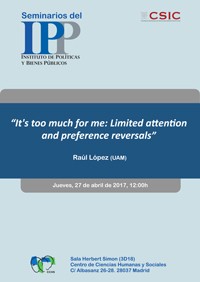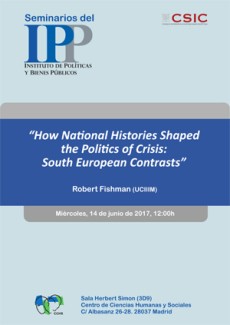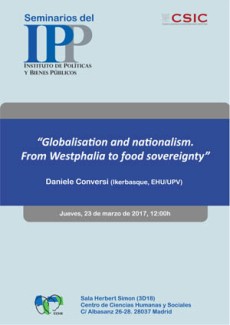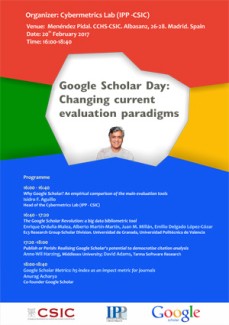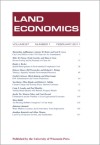Ferrín M., Fraile M. & García-Albacete G. (2015) The Gender Gap in Political Knowledge: Is It All About Guessing? An Experimental Approach. International Journal of Public Opinion Research, published online 18 december 2015
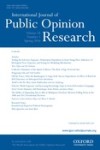
Abstract. This article analyzes the extent to which the format and the “Do not know” (DK) protocol of political knowledge questions influence the size of the gender gap. By using a set of experiments that manipulated the DK protocol and the format (open vs. closed ended) of political knowledge questions in a face-to-face representative survey of the Spanish population, we show that the format of the questions (open vs. closed ended) is not relevant in explaining the gender gap.



